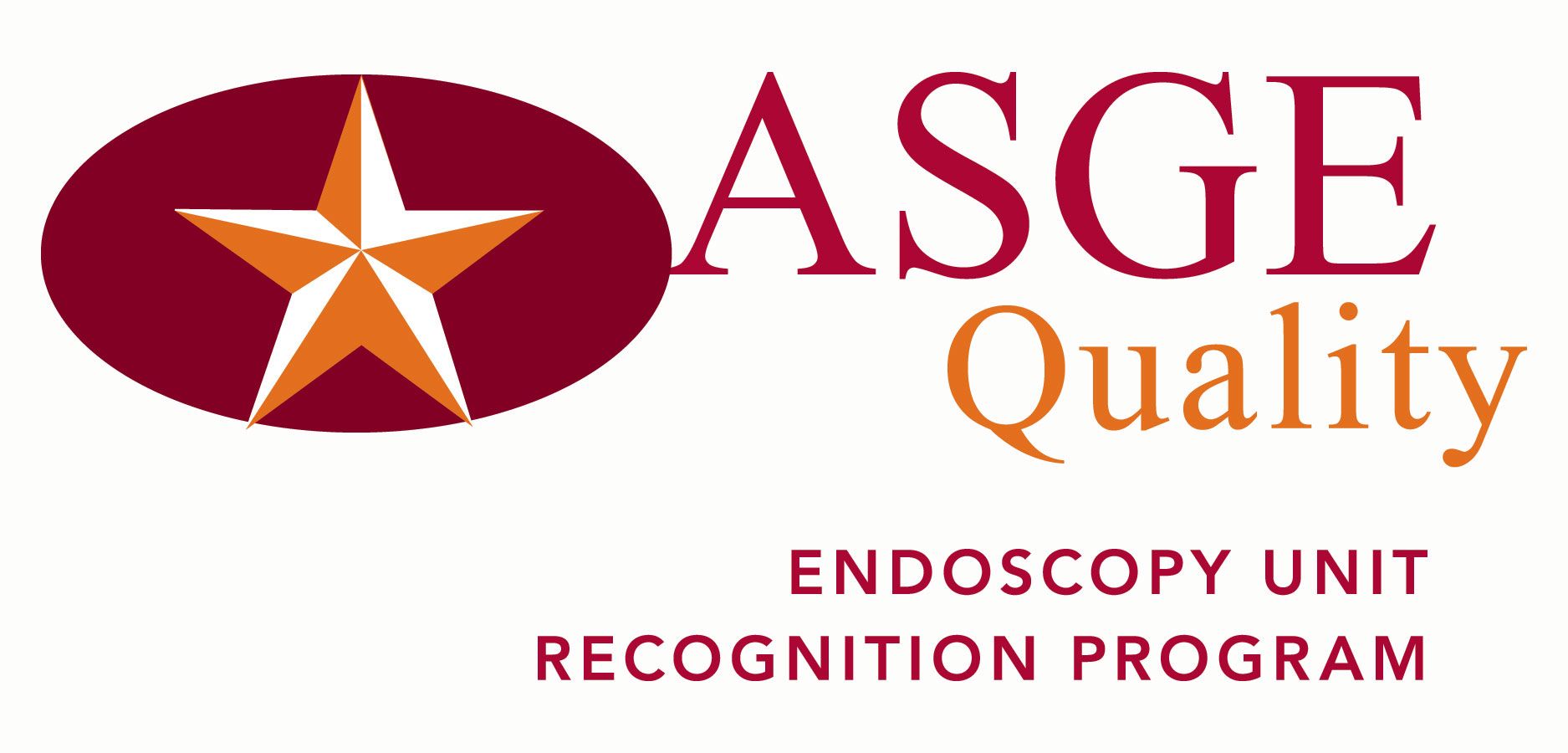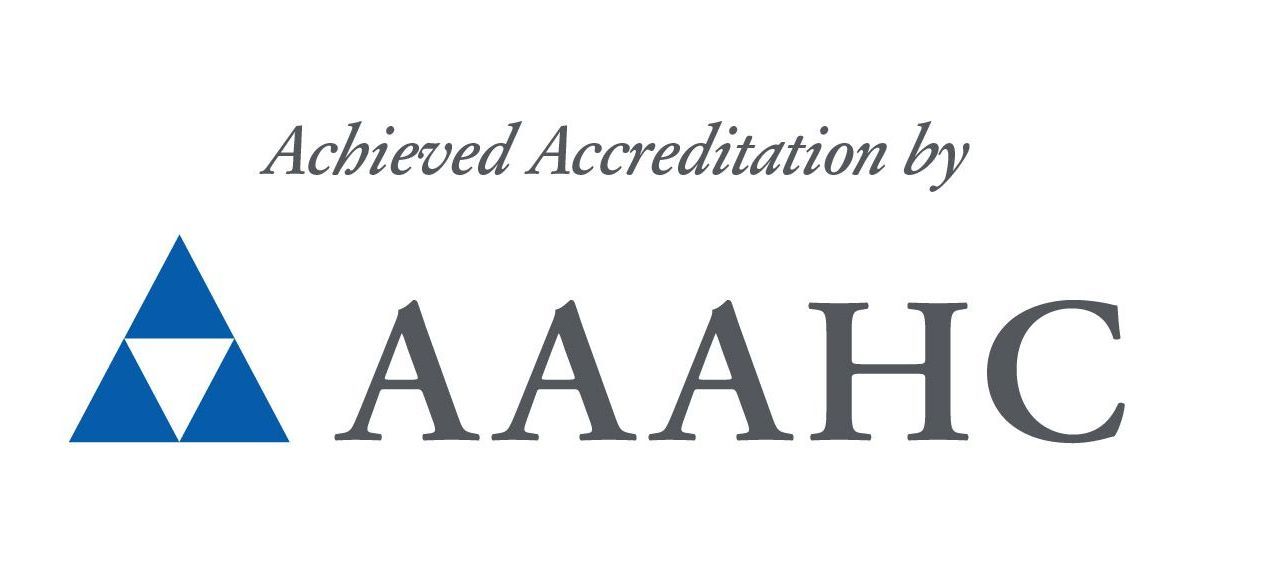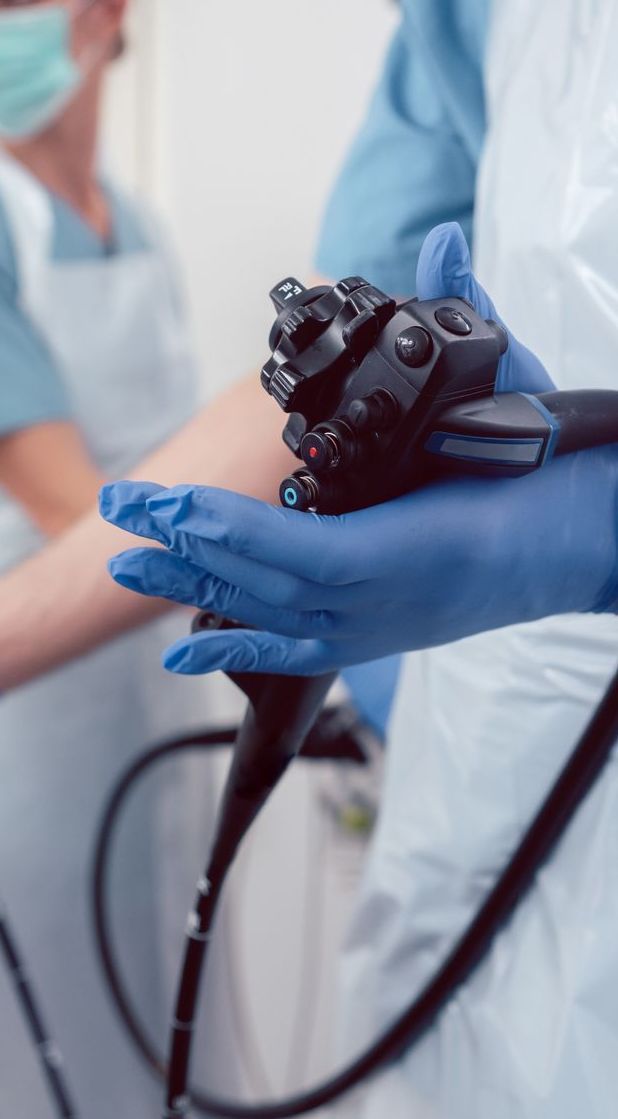Our Services
Advanced evaluation and treatment for a wide range of digestive concerns.
Your Health Matters
Providing Expert, Compassionate Care
At Gastroenterology Associates, our board-certified gastroenterologists specialize in the prevention, diagnosis, and treatment of digestive and liver diseases.
We provide gastroenterology and hepatology services, including advanced evaluation and treatment of diseases of the esophagus, stomach, small intestine, colon, pancreas, biliary system (gallbladder and bile ducts), and liver. We are experts in colon cancer diagnosis and prevention.
Our emphasis is on individualized patient care. We are dedicated to the delivery of quality care with each patient and with every procedure. We look forward to serving you and your family.
Our Commitment
Highest Standards
At Gastroenterology Associates, we hold our practice to the highest standards. It is one of many ways that we provide expert, compassionate care.
Authorities feel that detecting adenomas (benign tumors) is the single best indicator for a quality colonoscopy. Our physicians adhere to strict performance standards for this exam. We measure each physician’s Adenoma Detection Rate and Cecal Intubation Rates monthly. Individually and collectively, our board-certified physicians consistently far exceed national benchmarks.
Gastroenterology Associates remains a leader, both regionally and nationally, in quality measures that matter to you.
Your Advantages
Enhancing Your Healthcare Experience
We are dedicated to providing you with cost-effective and accessible care. Discover the programs and tools we offer to make your healthcare journey smoother and more affordable.
Specialists Co-Pay Plan
 Learn More
Learn MoreAn independent licensee of the Blue Cross and Blue Shield Association.
Significant Savings For You
We are proud to offer a specialists co-pay option if you are a member of Blue Cross Blue Shield of North Carolina and have a Specialists Co-Pay Plan. With your Specialists Co-Pay Plan, you pay only a specialists co-pay fee for our office-based colonoscopy procedures. This means lower out-of-pocket costs and improved access to our award-winning Endoscopy Center and services.
AN IMPORTANT NOTE:
Sedation is not always covered under the office-based colonoscopy agreement. If you have questions, please let us know. We are here to help.
Secure Patient Portal
 Patient Login
Patient LoginThrough our secure patient portal you can pre-register, review your medical history, request appointments, send messages, review clinical results and more.
Fast Track Patient Care

Gastroenterology Associates offers the popular Fast Track for patient care that allows patients to skip the initial office visit and come in the day of their procedure.
ADVANCED EVALUATION & TREATMENT
Services & Conditions Treated
Upper Endoscopy (EGD)
Biliary / Pancreatic Endoscopy
Hydrogen Breath Test
Colonoscopy
Video Capsule Endoscopy
Endoscopic Mucosal Resection
Small Bowel Enteroscopy
Impedance / pH Studies
FibroScan
Our Location
Award-Winning Facility
Our Hickory office is conveniently located at 415 North Center Street in the Medical Specialties Center across from Frye Regional Medical Center.
CALL TODAY TO SCHEDULE A COLONOSCOPY EXAM.
If you are healthy and have no symptoms, call 828-624-1358 to schedule a screening colonoscopy. A registered nurse will take your medical history over the phone and schedule your appointment. If you are having symptoms, you need a referral from your Primary Care Physician.









